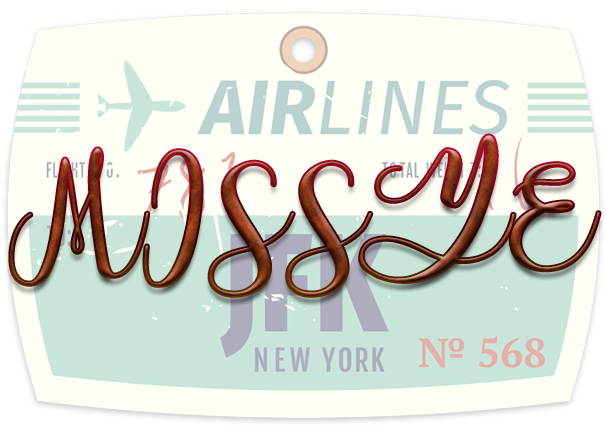
04 Aug Brexit: Travelling to the EU with a UK passport
There could be some important changes coming for UK citizens travelling to Europe. Here’s what we know so far to help you be prepared.
Have you checked your passport?
First things first – make sure you check your passport is still valid. That’s because in the event of a no-deal Brexit, you’ll need at least 6 months left on your UK passport from the date you start your trip (that includes all adult and child passports).
According to the FCO, some passports with up to 15 months’ validity remaining may not be valid for travel.
Did you renew your passport before it expired? Extra months might have been added to your expiry date, which may not count towards the 6 months you’ll need remaining. Check out the latest official guidelines on this gov.uk page.
Have you got fewer than six months remaining on your passport?
If you don’t have at least 6 months remaining on your passport, you should renew your passport in plenty of time before you travel. According to gov.uk, it can take around 3 weeks to get a new passport, but it could take longer at busy times or if they need more information from you.
If you find you need a new passport urgently, remember there are various fast-track options available, but they are more expensive.
Will flights to and from the UK be affected?
Even in the event of a no-deal scenario, the European Commission has said that UK airlines would still be able to fly between the UK and the EU. That said, if you’re travelling after 31st of October, it’s worth checking the terms and conditions of the airline you’re flying with so you know what would happen if flights are affected.
For the latest updates and guidance, please check gov.uk.
Are there any changes to passenger rights?
The UK Government has guaranteed that for passengers flying out of the UK, there will be no change. EU passenger rights will remain the same as they’ll be carried over into UK law straight after exit from the EU.
This means:
- Travellers who are not allowed to board, are delayed, or face cancellations are still given the same assistance and compensation that they would be today – the Civil Aviation Authority (CAA) has more information on this
- Travellers with mobility issues will still be given the same assistance from airports and airlines that they are given today
- If a travel provider becomes insolvent, UK consumer protection laws would still apply – the CAA has more on this too
In the event of no deal, your UK driving licence may not be valid by itself anymore when driving in the EU. It’s possible you’ll need to apply for an International Driving Permit (IDP).
An IDP is a special licence that you’d carry along with your normal driving licence, permitting you to drive in the EU. There are different types of IDP, depending on which country you’ll be driving in.
Before travelling or picking up your hire car in the EU, please check the most up to date information on gov.uk and read the terms and conditions of the hire car company you’ve used.
For the latest information and guidance about vehicle insurance including Green Cards, please read this gov.uk page.
Will the European Health Insurance Card (EHIC) still be valid?
It’s expected to be continued during the transition period, but please check for updates on this gov.uk page.
Will mobile phone roaming charges increase?
If the UK leaves the EU without a deal, the costs of roaming services might change.
For the latest information, please check this gov.uk page on mobile roaming.
What about travelling by train?
If you’re travelling by train in the UK, your rights will stay the same.
Arrangements for cross-border services would depend on agreements that the UK negotiates.
Be sure to check the latest rail guidance on gov.uk.
What about travelling with pets?
In the event of a no deal Brexit, the UK would become a third country in the EU Pet Travel Scheme. This means that pets would still be able to travel, but the documents and health checks required will change.
If you want your pet to come with you, you should contact your vet at least 4 months before your trip starts.
Check this gov.uk page for the latest updates.
Until da next Tyme

No Comments